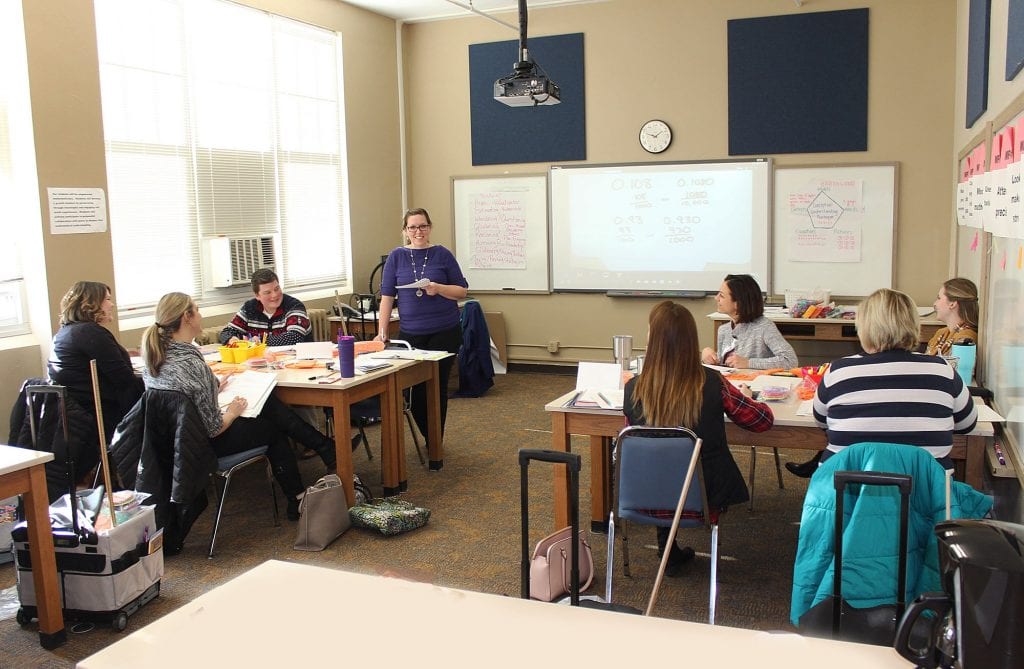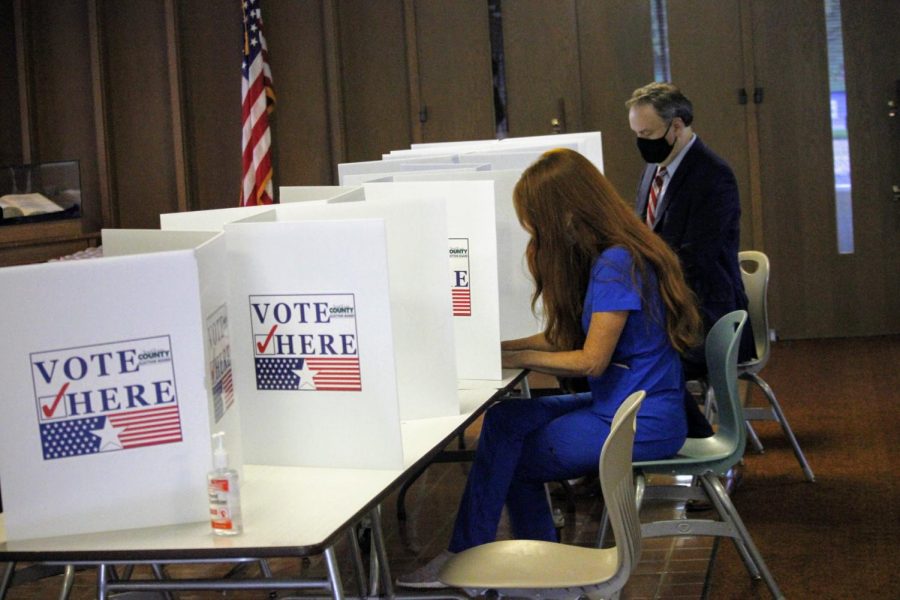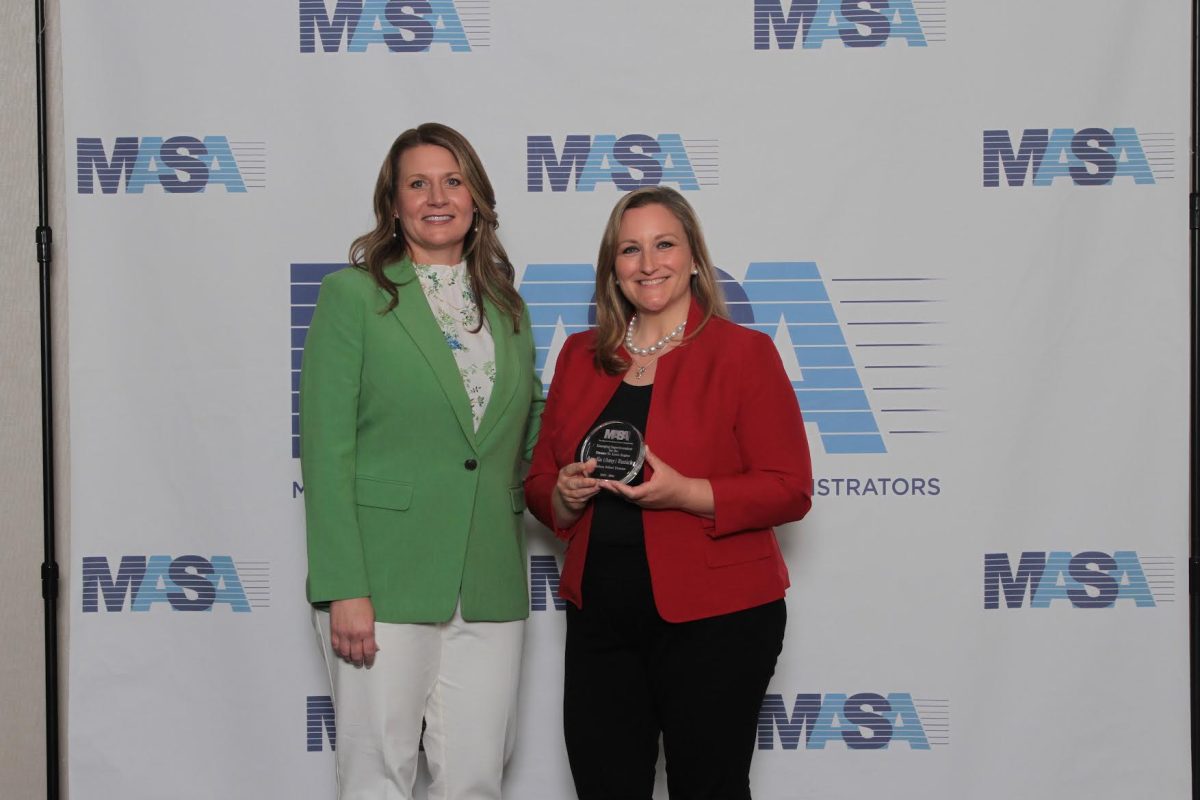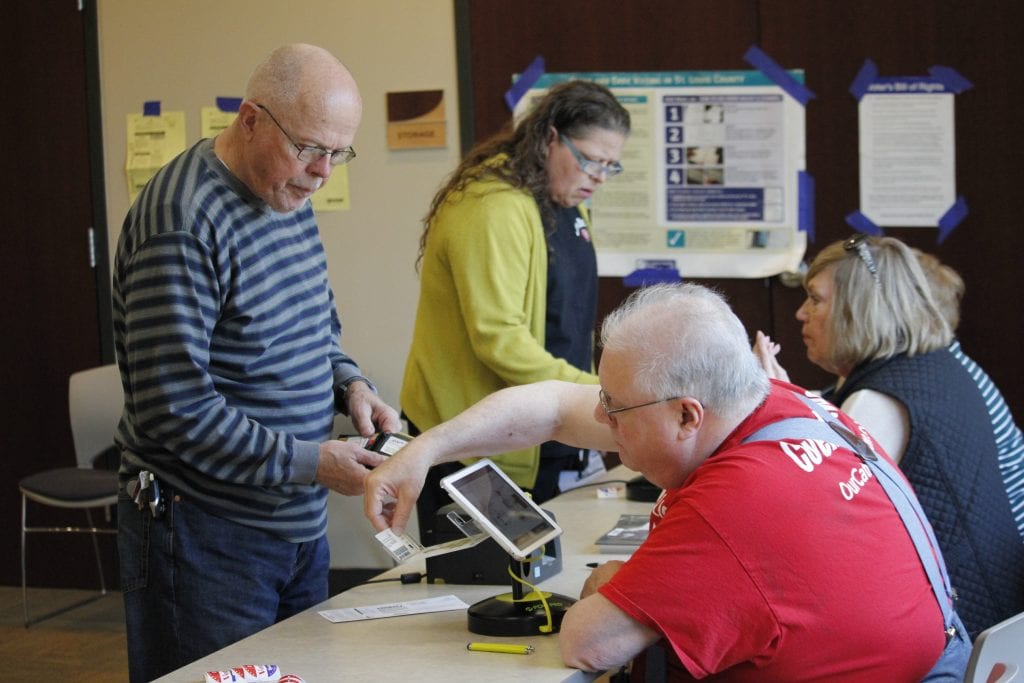By Gloria Lloyd
Staff Reporter
news3@callnewspapers.com
The Mehlville School District is adding temporary math interventionists to six elementary schools that posted the lowest scores on statewide math tests, one of many initiatives the district is undertaking to increase scores.
The six new teachers will serve as a second math teacher in fourth- and fifth-grade classrooms at Blades, Wohlwend, Trautwein, Beasley, Forder and Bierbaum elementaries, with one teacher assigned to each school.
The district is not adding teachers at its new school, Mosaic Elementary, or its four top-performing schools, Point, Rogers, Hagemann and Oakville Elementary.
The Board of Education suggested the initiative last month, and Superintendent Chris Gaines outlined the plan to board members before Christmas without objection.
The board was scheduled to officially approve the hires Wednesday, Jan. 17 — after the Call went to press.
But the teachers were set to go to work the day before for the first of several days of training in advance of heading into classrooms.
The temporary teachers will be paid $193.88 per day for up to 76 days, which would cost the district $88,409 in salary if every authorized day is used, not including benefits.
The new teachers will “push in” to classrooms as a second teacher during math lessons, guiding students who are having trouble with the curriculum without pulling them away from class like tutoring would, Gaines said.
“What we’re trying to do at the end of the day is raise the level of instruction in every classroom,” Gaines said. “We’ve got the math innovator model, we’re working on the eight mathematical practices, we’re working on math curriculum, we’re doing work in continuous classroom improvement. All of those things have an influence.”
The district has also added quarterly internal benchmarking tests, along with reading coaches and English-language learner coaches, textbooks and professional development funded by Proposition R, which voters approved in 2015.
Mehlville has unfurled so many different initiatives to tackle math scores that if they improve, it will be difficult to tell what specific tactics made the difference, Gaines said.
The district is also expanding Front Row educational software to all elementary students this semester at a cost of about $10 a student.
The software was successful in pilot programs at Oakville Elementary and Forder Elementary last year, and helps students work ahead or review math material until they learn it.
It has proven popular with students, teachers and principals in the pilot program, Gaines said.
After board member Jamey Murphy proposed the extra teachers at the Dec. 14 board meeting, Central Office developed a plan and asked principals to come up with their own plan collectively. The principals’ idea roughly matched the plan from Central Office, Gaines said.
Board member Jean Pretto said at that meeting that she believes the board should hire the extra teachers even if they have to only buy two new buses instead of three this year.
“It’s kind of, as Jamey said, an emergency situation where we need to intervene right now with these kids before they get any farther along,” Pretto said. “I don’t think that leaving it alone is the right thing to do.”
The model for extra teachers is similar to one of the theories behind teaching at Mosaic Elementary, the school of innovation that opened in August.
At Mosaic, two classes of students are combined into one “studio” with two teachers. One teacher can teach a lesson while the other teacher assists struggling learners.
“With more teachers in the classroom, the ones that are struggling have that person helping a little more one-to-one, a little more personalized,” board member Kevin Schartner said.
If the initiative makes a difference in math knowledge and scores, teachers will have to work fast: Tests for the Missouri Assessment Program, or MAP, begin just 40 school days from the start of the pilot program.
As to why the scores of the district’s third- through sixth-graders have suffered, Schartner and Gaines note that those students have seen more years of direct budget cuts on elementary school resources than any other class.
“I think that group that is in sixth grade has just been the group that has suffered the most cuts over time probably,” Gaines said.
“That’s when we were getting the biggest bang for our buck,” Pretto said Dec. 14.






























